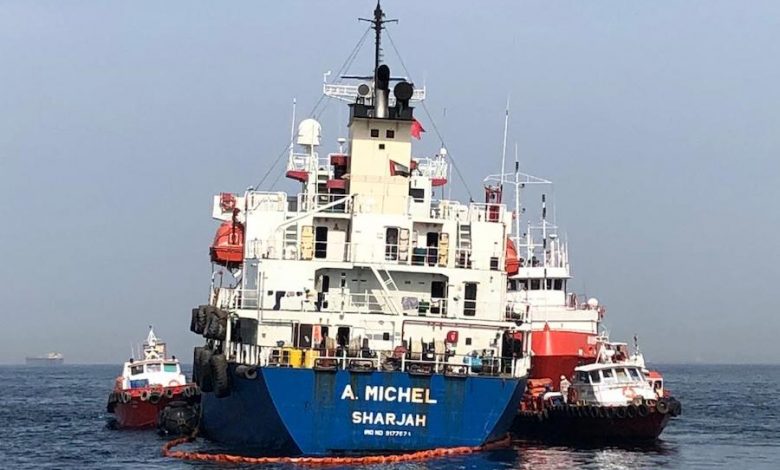Huge disparity in additional premiums in wake of Fujairah attacks adds to confusion

A huge disparity in additional premiums for the new Listed Areas in the Middle East, leveraged in the wake of attacks on four tankers off Fujairah on May 12, is creating confusion between charterers and owners heading to the volatile region.
The Joint War Committee of the London marine insurance market earlier this month extended the list of waters deemed as high risk to include Oman, the United Arab Emirates and the Gulf.
Hong Kong-based insurance brokers Latitude Brokers warned via social media that the insurance market is “struggling with consistency” which is creating problems with charterers.
The problem is that the insurance market still has no idea yet how to price calls in to Fujairah, and this has been evidenced in the disparity in initial additional premiums that are coming out. Since charterers have to pay for ships under time charters they are seeing one ship paying as little as one quarter of the price of the same call for a similar ship in another fleet with a different war risk leader.
A backlash is expected as charterers demand answers from owners and yet there is no market standard for the new Listed Areas, something that is only likely to kick in later this week.
Speaking with Splash today, Andrew Brooker, Latitude’s founding partner, commented: “As we anticipated, the market will take some time to price breaches consistently which is likely to create substantial disruption among charterers and owners as voyage costs increase. Whilst the war market receives intelligence on the threat levels within the region, the industry hasn’t had an opportunity to consider risk management advice that would reduce the risk of an incident – something we expect will be forthcoming as the insurance market works to reduce exposures.”
Brooker said that given the sheer volume of traffic through the Straits of Hormuz and calling at Fujairah specifically, even the lowest additional premiums will create substantial additional costs across the industry that were not expected even a short time ago.
“Since the Iran/Iraq tanker wars of the 1980s , the majority of war underwriters, brokers and owners have thought war insurance is only about piracy , the recent events coupled with a handful of deprivation claims has put the cat amongst the pigeons,” commented Jonathan Jones, who heads up the Hong Kong China War Risk Syndicate.
Latitude is advising customers in managing their war additional premiums is to give an accurate and complete picture of the intended voyage routing to their underwriters as far in advance as possible.
“For the time being, there’s likely to be a lot of unhappy operators pushing hard to minimise their exposure to additional premiums,” Brooker said today.
The United States has accused Iran’s Revolutionary Guards of being behind the May 12 attacks on four tankers off Fujairah.
Investigations into the attacks on the four tankers – two Saudi-flagged, one Norwegian and one from the UAE – are ongoing with no one claiming responsibility for them. It is believed limpet mines were used in the tanker attacks, which punctured holes in the stern of each vessel below the waterline. Insurer Lloyd’s has warned of significant claims from the attacks. A number of shipping companies have elected to bypass Fujairah all together in the wake of the attacks.
